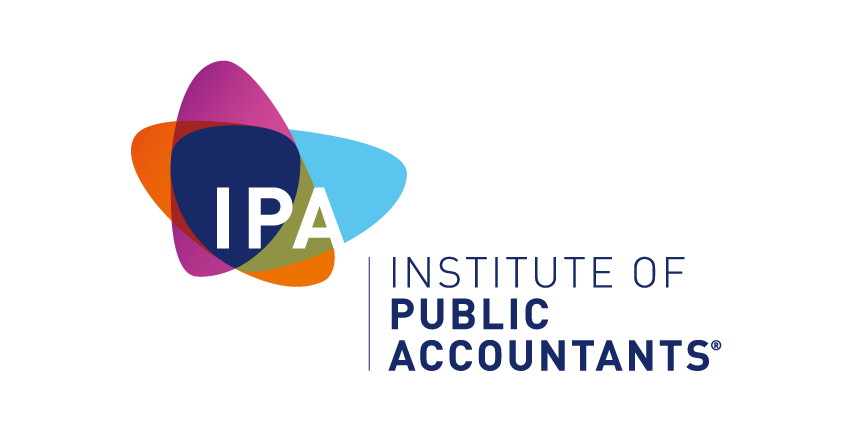ABN
Australian Business Number – an identification number issued by the ATO for entities that are registered to operate a business in Australia
ACN
Australian Company Number – an identification number issued by the Australian Securities Investment Commission to companies that are registered to operate in Australia
Actuary
A professional mathematician/statistician who, for example, may need to be engaged for the purposes of providing advice in relation to operations of a Self-Managed Super Fund and the determination of exempt pension income
ASIC
Australian Securities Investment Commission – an Australian agency that primarily enforces company and financial services to protect consumers, investors and creditors
ATO
Australian Taxation Office – government administrators of the taxation system in Australia
Auditor
A person or organisation usually registered and approved to undertake audit engagements for financial reports, including those for Self-Managed Super Funds
CGT
Capital Gains Tax – a tax imposed by the ATO on gains made in respect of certain assets that were or are disposed of after 19 September 1985
CPA
Certified Practising Accountant – a qualified accountant who may be registered with CPA Australia
Depreciation
The decreasing value in an asset over time due to wear and tear, often determined on the basis of the asset’s ‘useful’ life
FBT
Fringe Benefits Tax – a tax imposed by the ATO on employers when providing employees and associates with benefits arising from employment
GST
Goods and Services Tax – a broad-based tax imposed by the ATO on defined goods and services that are transacted in Australia, currently set at 10%
IPA
The Institute of Public Accountants is one of the three legally recognised professional bodies for accountants in Australia. The IPA represents more than 40,000 members and students working in industry, commerce, government, academia and professional practice
LVR
Loan to Value Ratio – used by bankers to assess their risk in lending funds for the acquisition of property. Calculated by dividing the loan amount by the property value and expressed as a percentage
Negative gearing
Occurs where investors borrow money to buy an investment asset without receiving enough income from the investment to cover the interest expenses and other costs involved in holding the asset
Positive gearing
Occurs where investors borrow money to buy an investment asset and receive more income from the investment than the cost of interest expenses and other costs involved in holding the asset
SMSF
Self-Managed Super Funds – those retirement funds registered with the ATO which have a maximum of 4 members, and are required to report annually and meet minimum standards of operating, administration and reporting
TFN
Tax File Numbers – a unique number issued by the ATO, required for any individual, partnership, trust, company or superannuation fund that has an income tax obligation in Australia
Trust beneficiaries
Those parties identified within a Trust Deed as being beneficiaries of the trust by way of income and/or capital distributions to them
Trust fund
Funds created (usually) to hold assets in trust for the benefit of named beneficiaries and are administered by a defined Trustee under a deed
Trustee
Those identified under a deed as being responsible for the management and administration of the assets held in trust for beneficiaries
To find out how a PAS accountant can assist you, contact us today.

